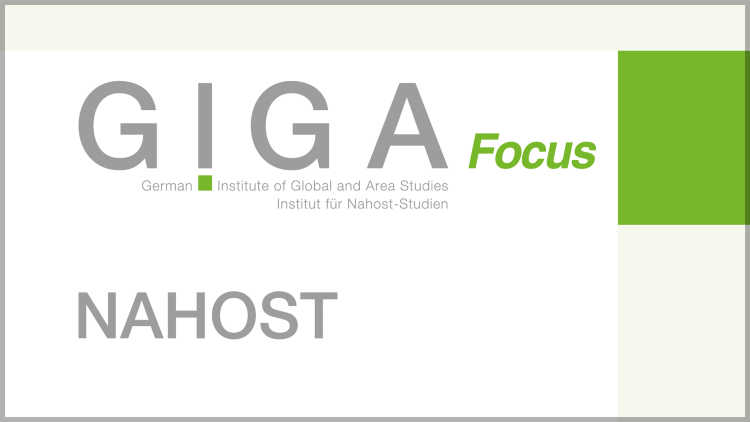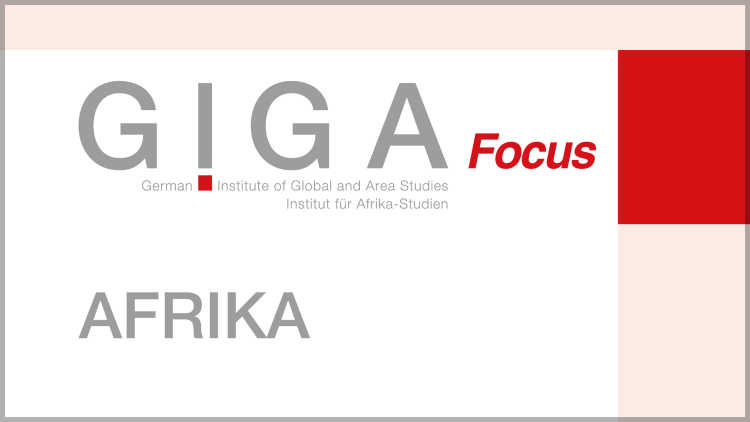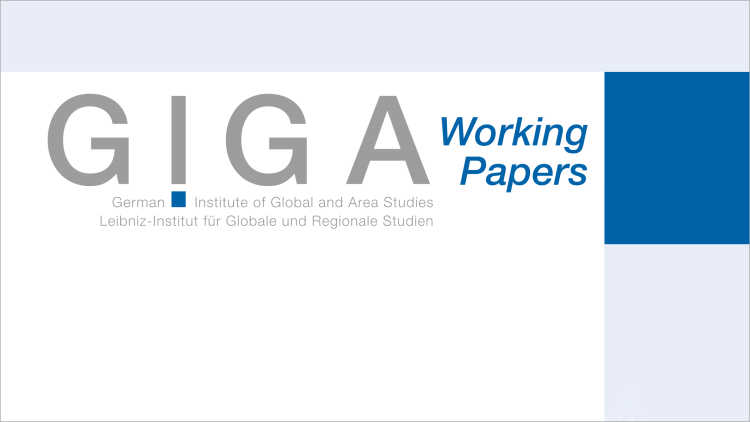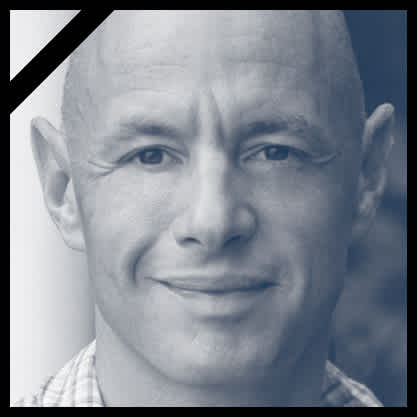- Home
- Publications
- GIGA Focus
- Die Türkei in Afrika: Im Schatten des Neo-Osmanismus?
GIGA Focus Africa
Die Türkei in Afrika: Im Schatten des Neo-Osmanismus?
Number 1 | 2012 | ISSN: 1862-3603
Am 16. Dezember 2011 empfing der türkische Außenminister Ahmet Davutoğlu in Istanbul über 40 Minister und Vertreter afrikanischer Staaten zur 1. Ministerkonferenz für die Koordination der 2008 beschlossenen türkisch-afrikanischen Partnerschaft.
Analyse Die AKP-Regierung strebt eine aktivere Rolle der Türkei in der Nahostregion und in der Weltpolitik an, die teils kritisch als Neo-Osmanismus interpretiert wird. Mit der außenpolitischen Offensive gegenüber Afrika sollen die regionalen Machtinteressen des Landes auf globaler Ebene abgesichert werden. In Afrika tritt die Türkei damit in direkte Konkurrenz zu anderen externen aufstrebenden Mächten wie Brasilien, Indien und China. Dabei bedient sie sich vor allem der Instrumente einer Soft Power oder Zivilmacht. Noch geht es ihr weniger um afrikanische Rohstoffe als um afrikanische Stimmen bei den Vereinten Nationen.
Wie andere aufstrebende Mächte hat die Türkei seit etwa 2005 ihre diplomatischen, handels- und entwicklungspolitischen Initiativen gegenüber Afrika ausgebaut.
Anders als andere Mächte ist die Türkei bislang weniger an afrikanischen Bodenschätzen interessiert als am steigenden Export ihrer Industriegüter.
Mit humanitärer und entwicklungspolitischer Hilfe und der Konzentration auf die ärmsten Länder des Kontinents versucht sie sich als Soft Power zu profilieren.
Von der Kooperation mit afrikanischen Staaten erhofft sie sich ein größeres Gewicht in internationalen Gremien.
Damit soll auch der Anspruch der Türkei, in der Region am euro-asiatischen Schnittpunkt Anerkennung als friedliche Vermittlungsmacht zu finden, untermauert und eine neue Form der Pax Ottomana begründet werden – fern von der osmanischen Reichsidee.
Footnotes
Regional Institutes
Research Programmes
How to cite this article
Erdmann, Gero, and Olga Herzog (2012), Die Türkei in Afrika: Im Schatten des Neo-Osmanismus?, GIGA Focus Africa, 1, Hamburg: German Institute for Global and Area Studies (GIGA), http://nbn-resolving.de/urn:nbn:de:0168-ssoar-309674
Imprint
The GIGA Focus is an Open Access publication and can be read on the Internet and downloaded free of charge at www.giga-hamburg.de/en/publications/giga-focus. According to the conditions of the Creative-Commons license Attribution-No Derivative Works 3.0, this publication may be freely duplicated, circulated, and made accessible to the public. The particular conditions include the correct indication of the initial publication as GIGA Focus and no changes in or abbreviation of texts.
The German Institute for Global and Area Studies (GIGA) – Leibniz-Institut für Globale und Regionale Studien in Hamburg publishes the Focus series on Africa, Asia, Latin America, the Middle East and global issues. The GIGA Focus is edited and published by the GIGA. The views and opinions expressed are solely those of the authors and do not necessarily reflect those of the institute. Authors alone are responsible for the content of their articles. GIGA and the authors cannot be held liable for any errors and omissions, or for any consequences arising from the use of the information provided.












